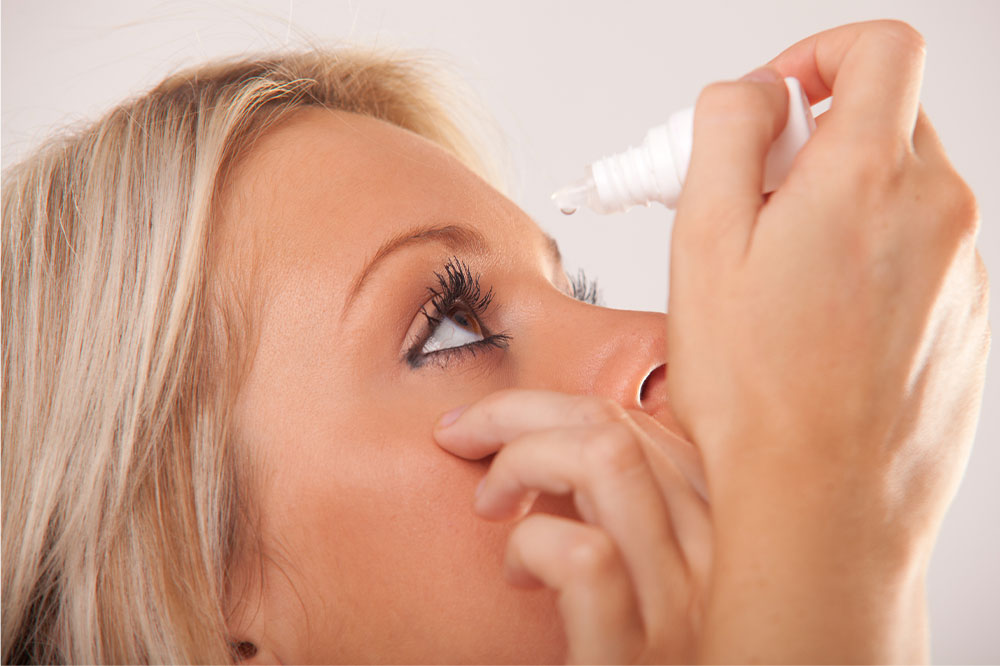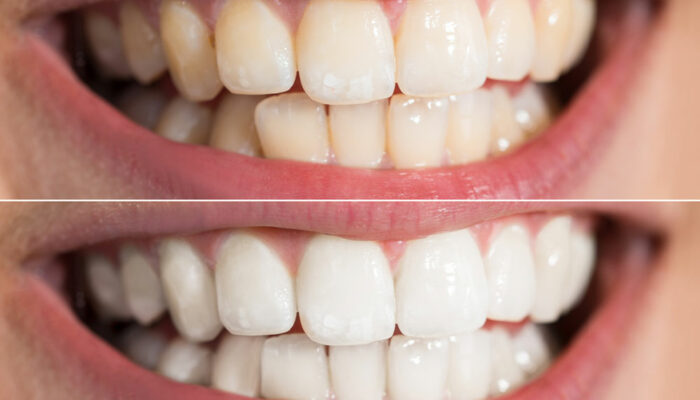
Risk Factors and Tips to Prevent Dry Eyes
Dry eyes, or dry eye syndrome, occurs when the eyes don’t produce enough tears, or the tears produced are of poor quality and, hence, can’t keep the eyes lubricated. The condition can be uncomfortable and increase a person’s risk of infections. Although people over 50 are more prone to dry eyes, the disease can affect anyone. Listed below are the risk factors of the problem and a few tips to prevent it.
Risk factors
The following are the most common risk factors of dry eye syndrome:
1. Gender
Women are more susceptible to the problem due to changes in hormonal levels in the body. The risk is even higher for women who are pregnant, going through menopause, or undergoing hormone replacement therapy.
2. Lifestyle
Staring at computer or television screens for extended hours can also result in dry eyes. While staring at a screen, we suppress our reflex to blink, causing the moisture from our eyes to evaporate. Exposure to cigarette smoke or wearing contact lenses can also irritate, inflame, and make the eyes dry over time.
3. Diseases and medications
Health conditions like rheumatoid arthritis, lupus, thyroid disorders, and allergies can affect the amount of eye fluid produced. And, as mentioned, a decrease in tear production can result in dry eyes. Similarly, antihistamines, antidepressants, hormone replacement therapy, and birth control pills can also cause this condition.
4. Vitamin A deficiency
A lack of vitamin A in the body is another reason for dry eyes. A very high deficiency of this vitamin can even lead to complete blindness or dying corneas.
Prevention tips
These are the four best ways to keep the problem at bay:
1. Take breaks
One should take regular breaks when reading, using a screen, or performing a task that requires visual concentration. If this seems hard to do, one can simply close their eyes or blink a few times to spread the tears produced over the eyes.
2. Position the screen correctly
When using a computer for a long time, one should ensure that the screen is slightly below eye level. Doing so will prevent the user from opening their eyes wide and, thus, reduce the amount of tears that evaporate.
3. Protect the eyes
One can wear sunglasses when stepping out to block out wind and dry air. If a person lives in a cold, dry, or high-altitude region, they must consider using a humidifier indoors to add moisture to the atmosphere. One can also use artificial tear drops to keep the eyes lubricated. In addition, individuals should keep the air being blown out of hairdryers, fans, and air conditioners away from their eyes.
4. Quit smoking
Cigarette smoke can worsen the symptoms of dry eyes. Therefore, quitting the habit or staying away from secondhand smoke can work wonders in preventing the condition.



